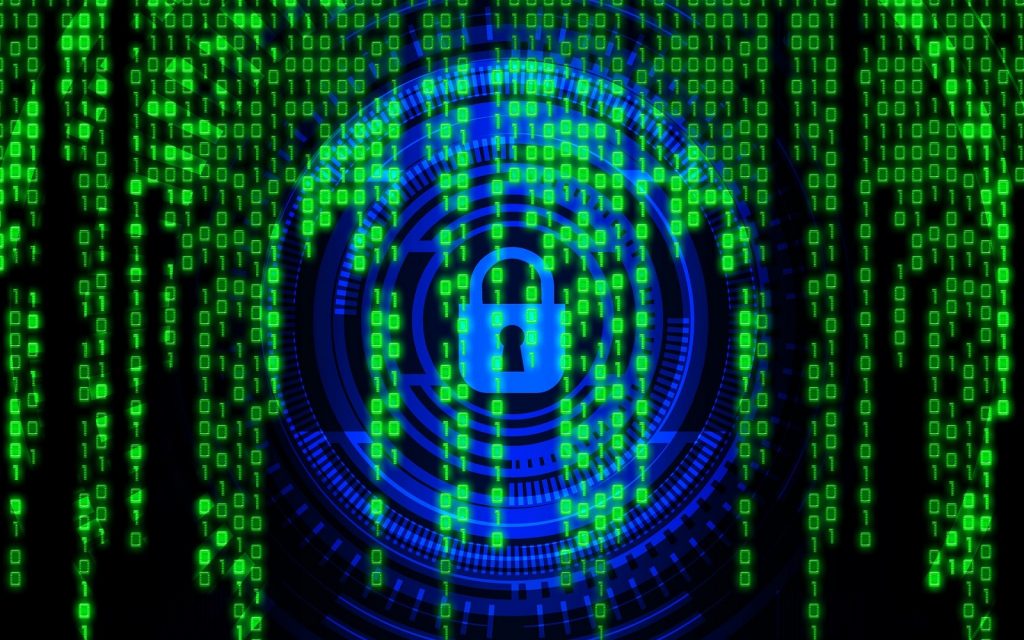South Africa is a prime target for cybercriminals, partly because we as a country do not have the cybersecurity skills needed to properly protect ourselves against them, and partly because of the massive adoption of smartphones and the internet by our people that has given cybercriminals access to a huge number of people who don’t necessarily know how to protect themselves from attack.
We’re so popular with cybercriminals, in fact, that South Africa rose from 6th position in global rankings for countries affected by cybercrime in 2021, to 5th in 2022.
And it’s not only the hoi polloi being affected: there are cases of high-profile South Africans being caught by digital scamsters. And SAPS is of no help whatsoever, because as incapable as they are at fighting everyday crime, they are even more useless when it comes to dealing with cybercrime.
Worse, hackers are specifically targeting the South African government, likely because of the high chance of success since government workers don’t exactly go to work every day asking themselves how they can fight cybercrime.
Cybersecurity Skills Needed
What the country needs to deal with this problem effectively (and knock ourselves down a few ranks in global cybercrime stats) is people with cybersecurity skills. Or at the very least, more general awareness of cybersecurity-related issues.
Fortunately, there are many online courses that teach cybersecurity, some of which are free. So, just in case the problem of a lack of cybersecurity knowledge is one of awareness of such courses, we’ve put together a quick list of basic cybersecurity courses that anyone with the internet and a connected device can take, for free (or for very cheap).
Google Cybersecurity Professional Certificate
For a more serious deep dive into the subject, this free course from Google offers everything you need to start a career in cybersecurity. It’s on Coursera, so you know it’s high-quality, and the blurb claims that you’ll be ready for a new job in cybersecurity within six months.
You don’t need any prior knowledge or experience, either – the course will give you everything you need. Finish the course, and you’ll come away with a certificate you can share on your LinkedIn profile that shows you completed it, and which could potentially get your foot in the door at your next job.
Cybersecurity Basics
IBM is one of computing’s early pioneers, so you’d be right to think they know a thing or two about what makes computers tick. This free course, hosted on edX, offers a brilliant foundation on which to build future cybersecurity knowledge, as it doesn’t just give you the tools to fight cybercrime, it lays out the history of what came before to give learners the proper context they need to appreciate the modern cybercrime fight.
The site says it will take four weeks to complete the course, giving it four to eight hours of your time every week.
Free Cyber Security Certifications
This free course specifically offers to help you brush up on your cybersecurity skills in order to safeguard your business, or, if you prefer, to provide you with a foundation on which to base a cybersecurity career. By the end of it, you’ll know the causes of cybercrime, and who is primarily responsible for it, as well as Microsoft’s Ten Laws of Computer Security and other neat tidbits that’ll give your knowledge a boost.
When it comes to costs, the site says, “All free online certificate courses at Oxford Home Study Centre are 100% free of charge from start to finish. There is no enrolment fee, all study aids are provided via our online learning platform, and all of our courses are self-paced for total flexibility.” Nice.
Introduction to Information Security
Another free course, this one offers 12 hours of video content that will take you through the basics of information security. It seems to be more relevant for people interested in securing a business IT environment, or anyone interested in learning more about IT security in general as it covers topics like Network Security, Cryptography OSI and TCPIP models, and identity and access management. But these all relate to cybersecurity so the course could still be useful for anyone interested in learning more about computer security in general.
Foundations of Cybersecurity
For a bit more background on the concept of cybersecurity, ethics in security, and how things like data breaches and ransomware impact business, this course will take you through some foundational information on these topics so that you have more context of what cybersecurity analysts are up against in the fight against cybercrime. Of all of the courses listed here, this one is probably the best place to start.
A place to start
There you go. We invite you to check out these courses or use them as a starting point to find other courses that you’d rather do, and start learning the basics of cybersecurity. Even if all you do is get an introduction to the ideas that underpin cybersecurity, you’ll be better off than you would if you knew nothing at all, so give it a go and see if the bug to learn more bites.
And if you know anyone at SAPS, please share this article with them.
Image by Pete Linforth from Pixabay.




